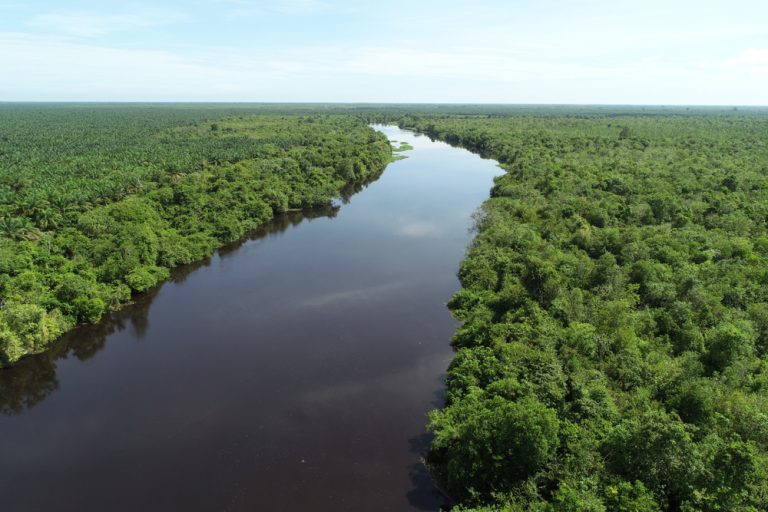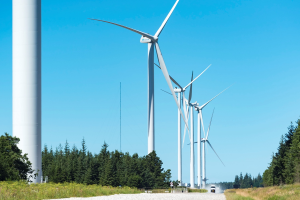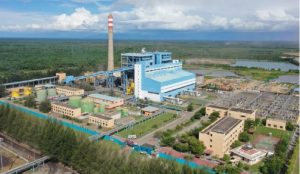Jakarta – Indonesia’s total CO2 emission reduction in 2020 reached 366,218,306.91 tons CO2e, officials said Tuesday (19/7). However, the achievement cannot be claimed in Indonesia’s nationally determined contribution (NDC) because the emission calculation method has not been accepted by the The Intergovernmental Panel on Climate Change (IPCC).
Ministry of Environment and Forestry (MoEF) Director General of Pollution and Environmental Degradation Control Sigit Reliantoro told the media in a briefing organised by the Peat and Mangrove Restoration Agency (BRGM), that one of the keys to achieving Forestry and Other Land Uses (FoLU) net sink is preventing damage to the peat ecosystem.
FoLU net sink 2030 is part of Indonesia’s strategy to keep the earth’s temperature below 1.5 degrees Celsius and achieve the goals of the Paris Agreement.
“The biggest emission in Indonesia is from forest fires, so the main key (to achieve FoLU net sink) is by preventing fires in forest and peat ecosystems. We should be able to claim these efforts to reduce CO2 emissions which can also be traded as carbon emission reductions as economic benefits,” said Reliantoro.
He said that the methodology used to calculate the emission reduction has not been acknowledged by the IPCC yet. “At the IPCC, there is a methodology for calculating CO2 for rewetting in temperate peat ecosystems. (With that methodology you) can calculate CO2 and methane emissions. The same method is not used in the tropics, instead the method they use is by measuring groundwater level and subsidence, which is very complicated to measure,” he said.
Reliantoro also mentioned that there is a budgeting constraint that prevents sufficient funding to develop the method to measure emission reduction.
The total emission reduction reported in 2020 included around 3.6 million ha of concession areas and 46,192.7 ha of community land, including peatland restoration in the former mega rice project area in Central Kalimantan. The mega rice project was a massive development project for agriculture and settlement on 1.4 million hectares of peatland areas. The project was terminated shortly in 1998 after its launch, but vast areas of peatland in Central Kalimantan was damaged as a result. (nsh)















